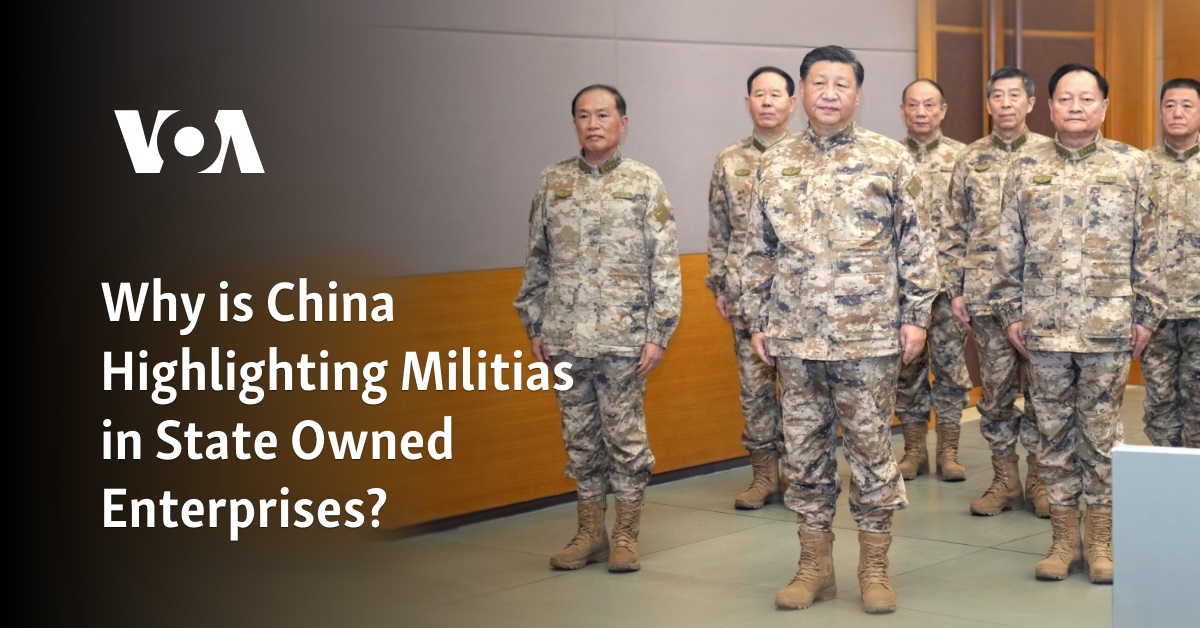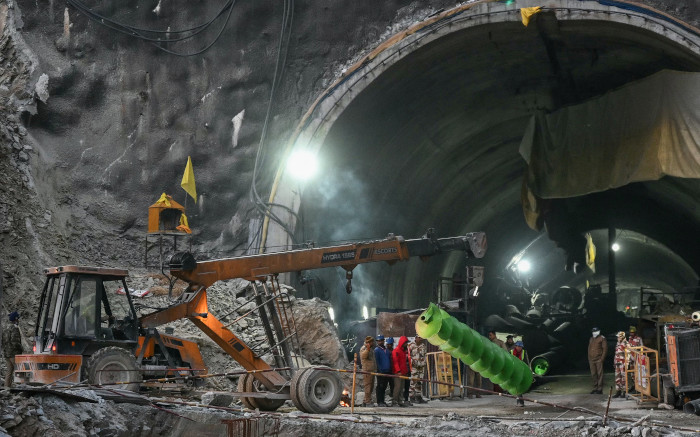
A bell rang on television, announcing a change in the previous result. From their house in the north of Johannesburg, the Mathivha family celebrated the latest change: after the majority of votes had been counted, the African National Congress had only received 41 percent of the votes.
“Good!” said Buhle Mathivha, pointing to the television screen.
“Good,” repeated her husband Khathu Mathivha.
“It should continue to fall, they are too arrogant,” said Ms Mathivha.
Sitting in front of a cozy fire on Friday night in South Africa, where it is almost winter, the couple watched the news of what would become a turning point in the election. For the first time since the end of apartheid in 1994, the party once led by Nelson Mandela failed to win an absolute majority of the vote in a national election.
Although the African National Congress (ANC) remains the leading party in the May 29 election, the latest result is widely seen as a political defeat and a rejection by voters like the Mathivhas, who are fed up with the only party they have known since the end of apartheid. In the last election in 2019, the ANC received 57 percent of the vote. The drop to 41 percent in this election has cost the party its majority in parliament, which elects the country's president. It must now work with smaller opposition parties, like those that elected the Mathivhas over the ANC.
Buhle and Khathu Mathivha broke with family tradition and their own previous voting habits when they decided not to vote for the ANC, a party they described as “pompous” and corrupt. Ms Mathivha, 34, and Mr Mathivha, 36, belong to the largest group of registered voters in South Africa. South Africans aged 30 to 39 make up almost a quarter of registered voters, and the slightly older, 40 to 49, make up more than a fifth.
South Africans born after apartheid in 1994 have some of the lowest registration numbers for the vote, while those who endured the worst of the apartheid regime are aging. Instead, a generation that experienced the euphoria and economic growth of post-apartheid South Africa and then the subsequent decline and despair is averse to the ANC.
“Maybe they had a plan to fight apartheid, but no plan for the economy,” Ms Mathivha said.
The couple live in Gauteng province, the most populous and wealthy region, where black urban voters are increasingly angry at the ANC government's failure to provide even the most basic services. The Mathivhas, who work in the banking and technology sectors, live on a tree-lined street in a Johannesburg suburb that was once only accessible to whites.
In the last election, it was Mathivha's mother, a doctor, who convinced her to give the ANC another chance. As a black South African who came of age during apartheid, Mathivha's mother was only allowed to attend two medical schools. Now her son and his wife could choose the best South Africa had to offer. The couple voted for the ANC in 2019, but now, as Buhle and Khathu Mathivha consider the future of their three-year-old son, they said they could not support the ANC.
Ms Mathivha's father worked as a security guard but arranged for his daughter to attend a well-equipped, formerly white private school in Cape Town. Mr Mathivha's family moved from Soweto to the affluent north, where he attended similar schools. Today they are planning a private school for their son, having lost faith in public schools. At a time of rising inflation and power cuts, this will be an additional expense.
The power outages have made life not only more expensive but also more dangerous. At night, their street is pitch black and empty because the streetlights have not worked for months. Their house is conveniently located near malls and shops, but the commercial district has become a no-go zone because of crime. In 2020, robbers broke into the Mathivhas' house and emptied it. When they voted last week, public safety was their top priority.
“Crime is a big problem for us,” said Ms Mathivha.
They chose the Patriotic Alliance, a party founded about a decade ago by a former prisoner turned businessman who promised to crack down on crime. Gayton McKenzie, the party's leader, called for the reinstatement of the death penalty for serious crimes.
Ms Mathivha was also impressed by McKenzie's tenure as mayor of a rural district in South Africa's Western Cape province. She highlighted his efforts to bring jobs to the city, improve infrastructure and, most importantly, the fact that he did not take a salary. This impressed Ms Mathivha, who drove through the area as a child and remembered the abject poverty she saw there.
As she watched the election results this week, she was dismayed that the impoverished Eastern Cape province where her parents grew up had nevertheless voted for the ANC.
“I think they fear racism and apartheid more than poverty,” she said.
In a race for the lower ranks, Mr Mathivha voted for the white-led party, which is also the second largest party: the Democratic Alliance.
“If the ANC had got the infrastructure, policing, education and basic things under control, I would probably have voted for them,” he said.
Despite the couple's optimism about the outcome, they are concerned about the instability of coalition governments. They were alarmed by comments from Julius Malema that his party, the Economic Freedom Fighters, would demand a seat on the finance ministry as a condition of cooperation. The party has advocated nationalising the country's central bank.
“This allows him to control the money,” said Mathivha.
“What could be positive about that?” asked his wife.
“Nothing,” her husband cried.
“Thank God you are fourth,” she said of Mr Malema’s party.
Still, Malema's party has made inroads into the black middle class in urban centres. But not as much as newcomer uMkhonto we Sizwe, or MK Party, which is led by former ANC leader Jacob Zuma. Mathivha was wide-eyed as she watched the surge that made it the third largest party. Still, like other ANC breakaway parties, she hoped the MK Party would fade into irrelevance.
“More than anything else,” she said, “the ANC has been humiliated.”






Recent Comments